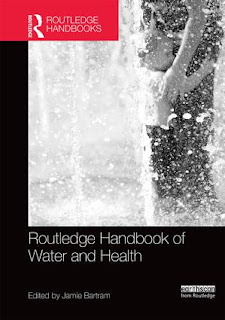RIP Maurice Strong - father of Sustainable Development

(1929-2015) “When he shall die, Take him and cut him out in little stars, And he will make the face of heaven so fine That all the world will be in love with night And pay no worship to the garish sun.” ― William Shakespeare A guardian article based on this can be found here. We just heard of the passing of one of the greats of sustainable development our friend Maurice Strong . Maurice Strong – former entrepreneur, energy company CEO, NGO, Head of the Canadian International Development Agency (CIDA),the first Executive Director of UNEP, Secretary-General of the UN conferences at Stockholm (1972) and at Rio (1992), author, president of the council of the UN University for Peace, and professor at Peking University – who in some ways can be said to have s ingle-handedly invented the intergovernmental environmental and sustainable development governance process . He dies just before the Paris Climate Summit - climate change being one of his greatest su...






